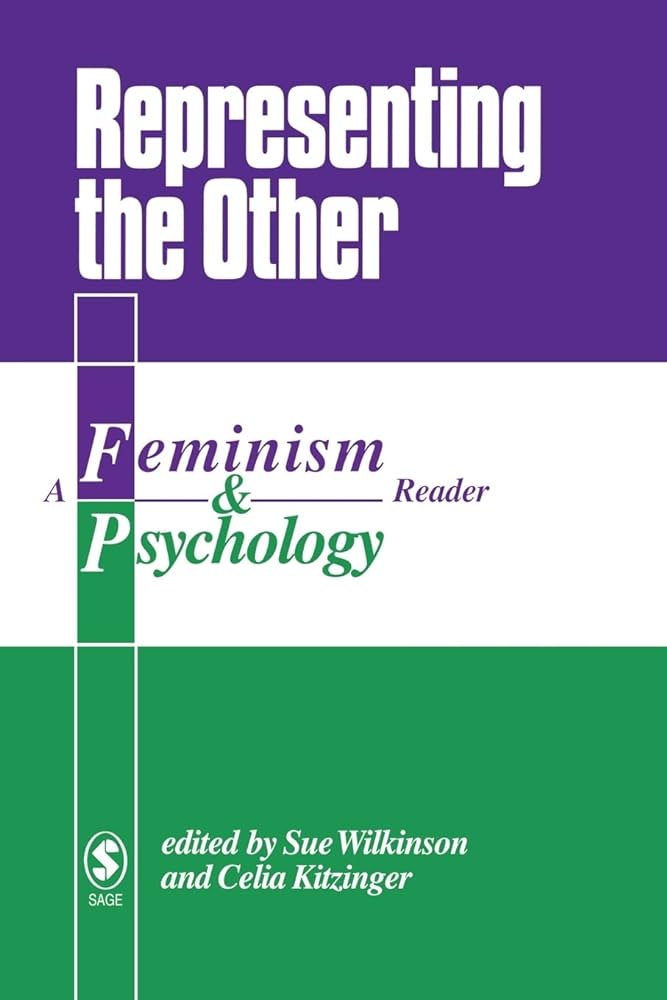令人不安的脆弱:酷儿和女权主义者的干预
IF 1.9
3区 心理学
Q2 PSYCHOLOGY, MULTIDISCIPLINARY
引用次数: 0
摘要
在本期特刊中,我们邀请了一名国际观众来探讨脆弱性的概念,并质疑与脆弱性在心理学学科中的应用相关的研究实践。这七篇文章从不同国家的经验出发,揭示了脆弱性的悖论,这些国家包括:印度、智利、南非、芬兰和美国。他们通过批判性地质疑脆弱性的概念来做到这一点,经常跨越交叉点,例如:脆弱性的制度结构,被确定为“脆弱”的人群,研究人员自己的脆弱性,以及“脆弱性”的生活经验。这些论文通过一个连贯的叙述呈现在这篇社论中,它突出了每个主题和上下文的特殊性,以及它们之间的共同点和交叉点。通过鼓励女权主义者和酷儿研究人员如何看待、阅读和解释心理学研究和行动主义中的经验的新实践,本期特刊旨在激发对脆弱性的不同理解,这些理解反映了通过跨国合作和联系促进代理、抵抗、团结和变革性社会变革的话语和经验。本文章由计算机程序翻译,如有差异,请以英文原文为准。
Unsettling vulnerability: Queer and feminist interventions
In this Special Issue we invited an international audience to address the aim to unsettle notions of vulnerability and question the research practices associated with its use in the psychology discipline. The seven articles 1 expose the paradoxes of vulnerability by starting from experience in different countries, such as: India, Chile, South Africa, Finland, and the USA. They do so by critically interrogating the notion of vulnerability, often cutting across intersectionalities such as: institutional constructions of vulnerability, populations identified as “vulnerable”, researcher’s own vulnerabilities, and the lived experience of “vulnerability”. The papers are presented in this editorial through a cohesive narrative, which highlights topic and contextual specificities of each as well as commonalities and intersections across them. By encouraging new practices for how feminist and queer researchers view, read, and interpret experience in psychological research and activism, this special issue aims to inspire different understandings of vulnerability, that reflect discourses and experiences that promote agency, resistance, solidarity, and transformative social change through transnational collaboration and connection.
求助全文
通过发布文献求助,成功后即可免费获取论文全文。
去求助
来源期刊

Feminism & Psychology
Multiple-
CiteScore
3.30
自引率
11.10%
发文量
51
期刊介绍:
Feminism & Psychology provides a forum for debate at the interface between feminism and psychology. The journal"s principal aim is to foster the development of feminist theory and practice in – and beyond – psychology. It publishes high-quality original research, theoretical articles, and commentaries. We are interested in pieces that provide insights into the gendered reality of everyday lives, especially in relation to women and girls, as well as pieces that address broader theoretical issues. Feminism & Psychology seeks to publish work from scholars, researchers, activists and practitioners at all stages of their careers who share a feminist analysis of the overlapping domains of gender and psychology.
 求助内容:
求助内容: 应助结果提醒方式:
应助结果提醒方式:


